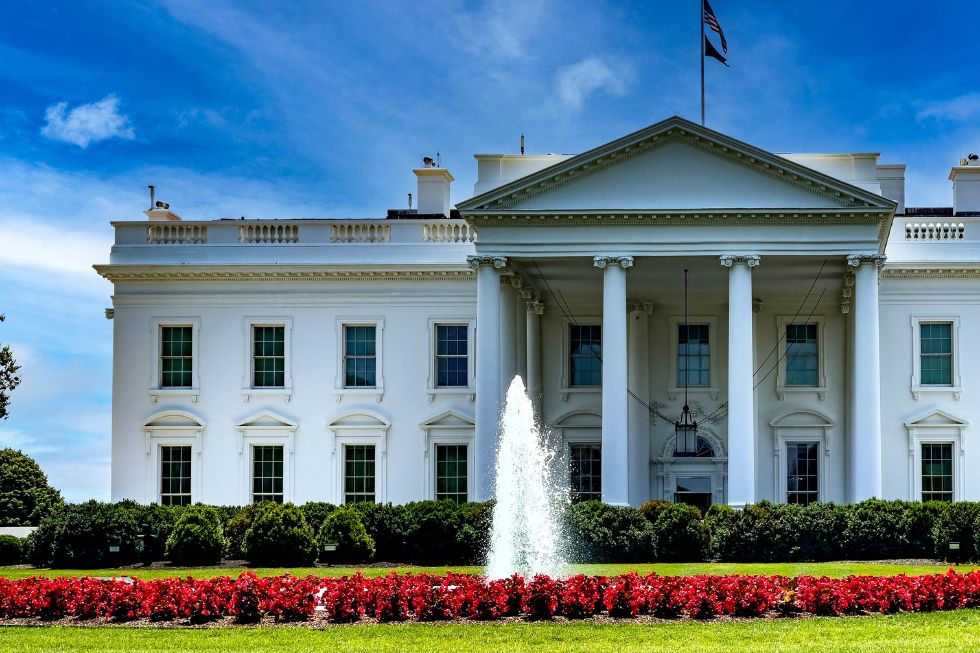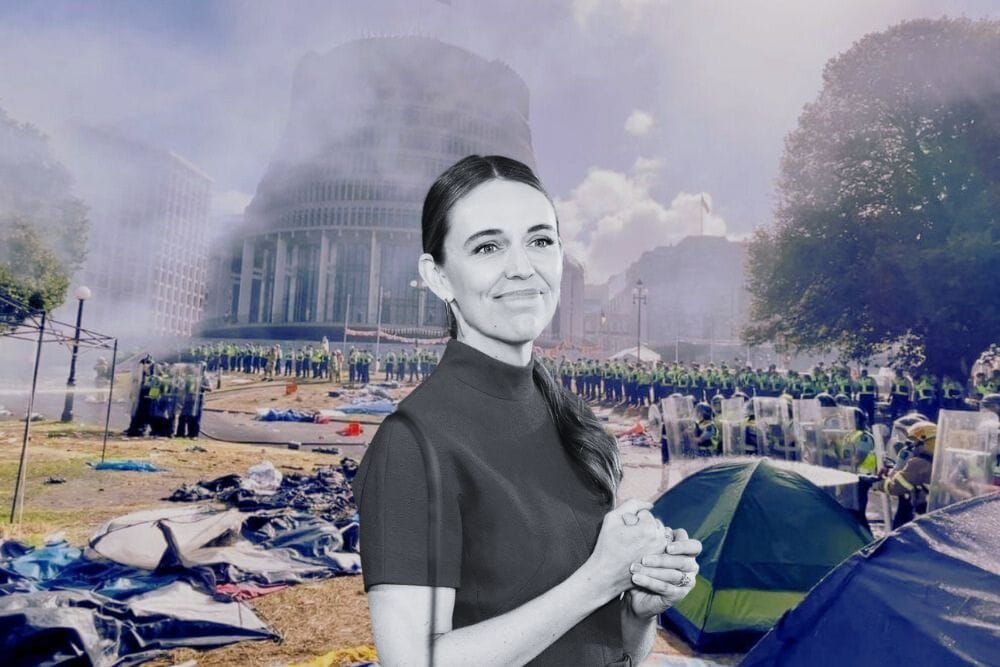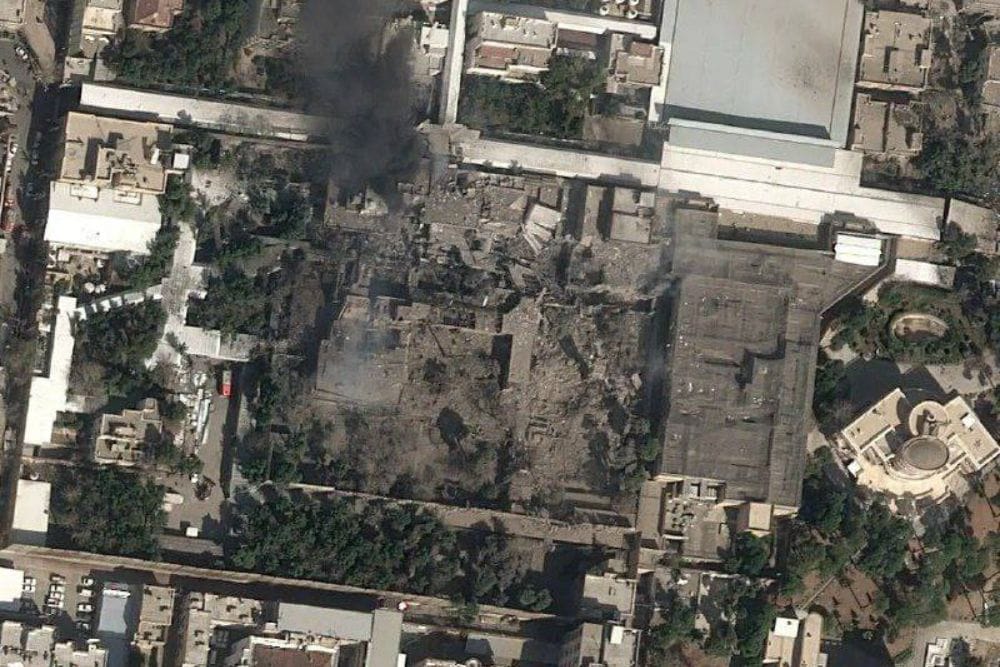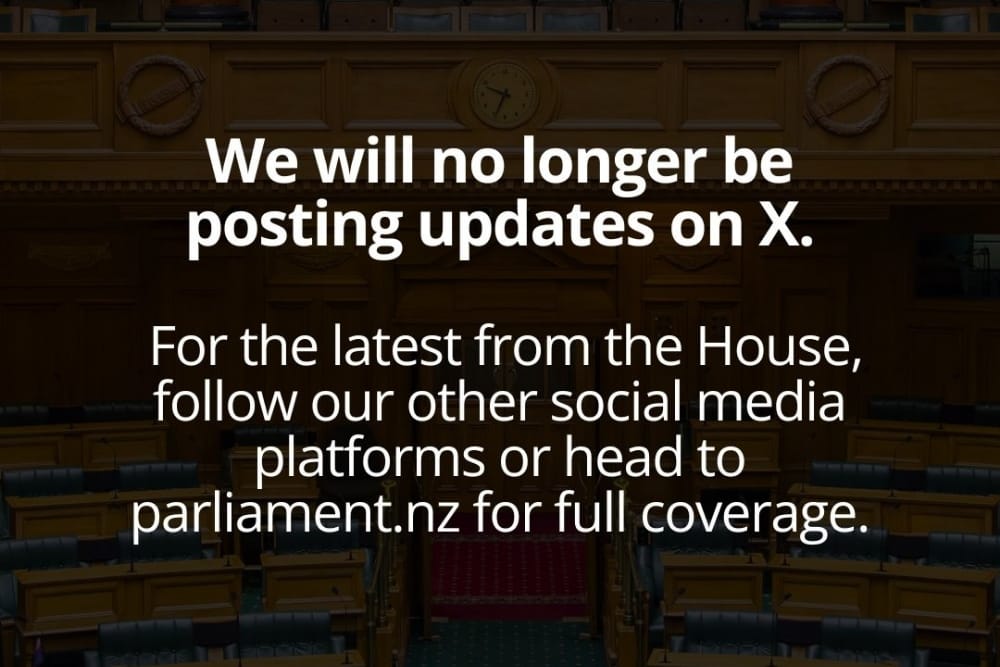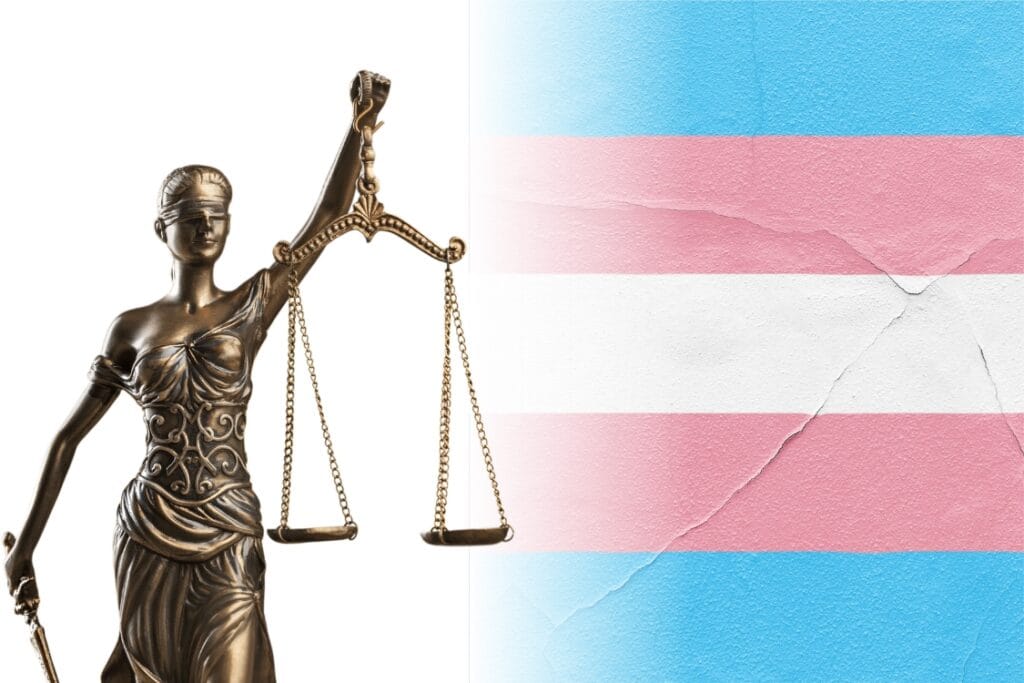In America, we are moving through a turbulent time. Historically, US presidents have often advanced the interests of the wealthy, with minimal resistance from Congress or the Supreme Court. But, through its mass media, robust economy, and military, the US has presented itself as a global leader in democracy.
Many scholars argue that the country falls short of this ideal.
They cite systemic issues that require significant reform. T
he system of checks and balances intended by the founders does not always function effectively.
Some experts warn that aspects of governance under President Donald Trump have shown authoritarian and fascist tendencies. These include vilifying the press, undermining independent institutions and encouraging nativist sentiments.
In 380 BC, Greek philosopher Plato warned that democracy could devolve into tyranny. Today, nationalist appeals have led segments of the American public to support strongman politics, often without realizing its full implications.
When Trump took office as the 47th president on January 20, he solemnly pledged to restore free speech and end political persecution.
Critics argue that his administration has done the opposite. These included scrutiny of legal, journalistic and academic institutions seen as critical of his agenda.
This has sent shock waves worldwide, damaging the American reputation as a society open to free speech.
War on free speech
While Vice President J.D. Vance spoke of free speech at the Munich Security Conference in February, Trump’s presidency alarmed allies who questioned the US commitment to open discourse.
At home, incidents involving law enforcement and protestors have led to accusations of overreach. Universities such as Columbia University have prided themselves on openness and welcoming various views but are now at risk of being defunded if they do not punish protestors.
While some oppression of free speech is not new to America, Trump’s level of persecution reaching into the Ivy League universities is unprecedented.
One example is authorities arresting Mahmoud Khalil, a Columbia University affiliate involved in protests.
On March 8, when Mahmoud Khalil and his pregnant American wife, Noor Abdullah, were returning from dinner after a day of fasting in the evening to their Columbia-owned apartment complex, the authorities followed them inside the building and arrested him.
After his arrest, Khalil was transferred to a Louisiana detention center.
His case drew national and international attention and sparked legal challenges.
Civil rights advocates raised concerns about due process and the treatment of lawful residents.
On March 26, authorities also arrested Rumeysa Ozturk, a Tufts University Ph.D. student, during a walk. Critics questioned the use of immigration enforcement in politically sensitive contexts. These incidents contributed to concerns that dissent may receive disproportionate scrutiny.
Republican officials, including Texas Governor Greg Abbott, have called for punitive actions against protestors accused of antisemitism or hate speech: “Students joining in hate-filled, antisemitic protests at any public college or university in Texas should be expelled.”
Critics argue that while public institutions must protect students from hate, blanket punitive measures risk suppressing political expression. Americans are now frightened to express their political thoughts, fearing the repercussions.
Government corruption
Concerns about democratic backsliding extend beyond law enforcement. America’s founding fathers feared the evolution of the presidency into an imperial office.
In fact, that fear was the driving force behind the separation of powers into three distinct branches of government: the executive, the legislative, and the judiciary.
This is traditionally called the “checks and balances” system.
Each branch of government can challenge the actions of another branch. At first sight, the checks and balances system appears to be an effective way to maintain democracy. However, in the current state of affairs, this process has led to partisan division and logjam.
One of the more severe issues comes from the judicial branch. On July 2, 2024, the Supreme Court’s decision in Trump v. United States expanded presidential immunity and weakened the rule of law, preventing some aspects of the system of checks and balances. This has led to perceptions that the courts are acting along partisan lines, which has eroded trust in legal institutions.
The wealthy
The influence of wealth in politics is well documented. US President Jimmy Carter once described the system as an “oligarchy with unlimited political bribery.”
This is because the US political system relies heavily on private campaign contributions.
To win a Senate seat, a candidate spends an average of over $10 million.
According to The Washington Post, the 2016 presidential candidates, Hillary Clinton and Donald Trump, spent a combined sum of over $1 billion on their political campaigns.
For Trump’s 2024 election, Tesla and SpaceX CEO Elon Musk contributed over $276 million, transportation heir and former Pan Am Systems chairman Timothy Mellon gave $150 million, and casino fortune widow Miriam Adelson donated $106 million to Trump’s 2024 election effort.
This gives affluent individuals and organizations disproportionate influence. It also prevents political diversity since third-party candidates can not afford to compete. Establishment control also impacts marginalized communities through a process called gerrymandering, in which the boundaries of electoral districts are strategically drawn in a way that favors one political party over the other. Minorities, the poor, and the least educated are usually the victims of this unethical practice.
Wake up call
Corporate ownership and corruption continues to dominate the US, distorting political discourse and prioritizing conflict and spectacle over substance.
This environment fuels widespread disillusionment among voters, who increasingly feel that neither of the major political parties represents their interests. Reforms to the system are long overdue. Otherwise, troubles lie ahead.
To restore public confidence in democratic institutions and build a more inclusive political system, comprehensive reform is essential.
Several key proposals have emerged in recent years as steps toward meaningful structural change.
First, campaign contributions from individuals should be capped at a level accessible to the average-income American. This would help curb the outsized influence of wealth in politics and ensure that electoral participation is not contingent on financial privilege.
Second, media outlets — particularly those operating on public airwaves or benefiting from government incentives — must provide equitable airtime to all qualifying candidates.
A truly informed electorate requires access to a diversity of viewpoints, not merely those favored by corporate media or major donors.
Lastly, the influence of large donors must be significantly curtailed through strict campaign finance rules and transparent reporting requirements. Without limits on private money in politics, the policy process risks becoming increasingly unaccountable to the public.
Only through such structural reforms can the United States create a political system that genuinely reflects the will of the people.
By rebalancing the relationship between money, media, and political power, these changes would help reestablish the democratic principles on which the republic was founded.
Mehdi Alavi is an author and also the founder and president of Peace Worldwide Organization, a non-religious, non-partisan charitable organization in the United States that promotes human rights, freedom, and peace for all
The views expressed in this article are the author’s own and do not necessarily reflect The Daily Examiners editorial policy.

